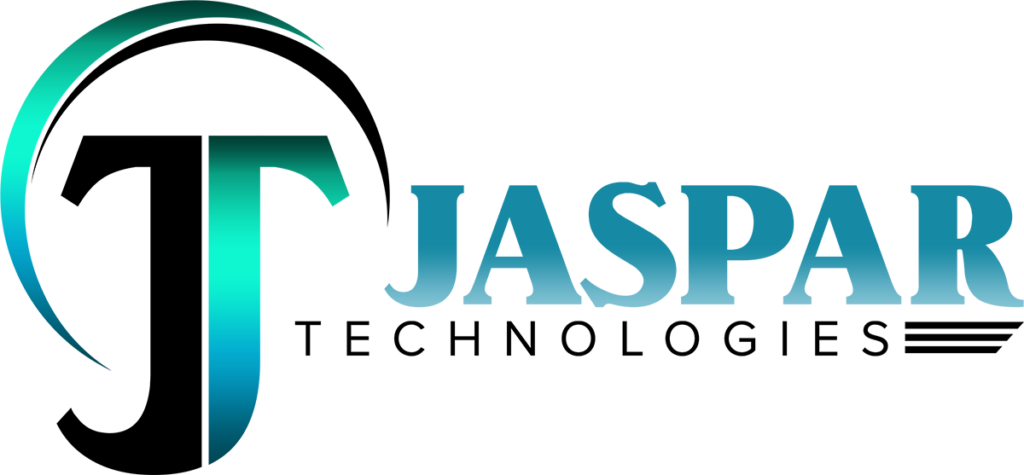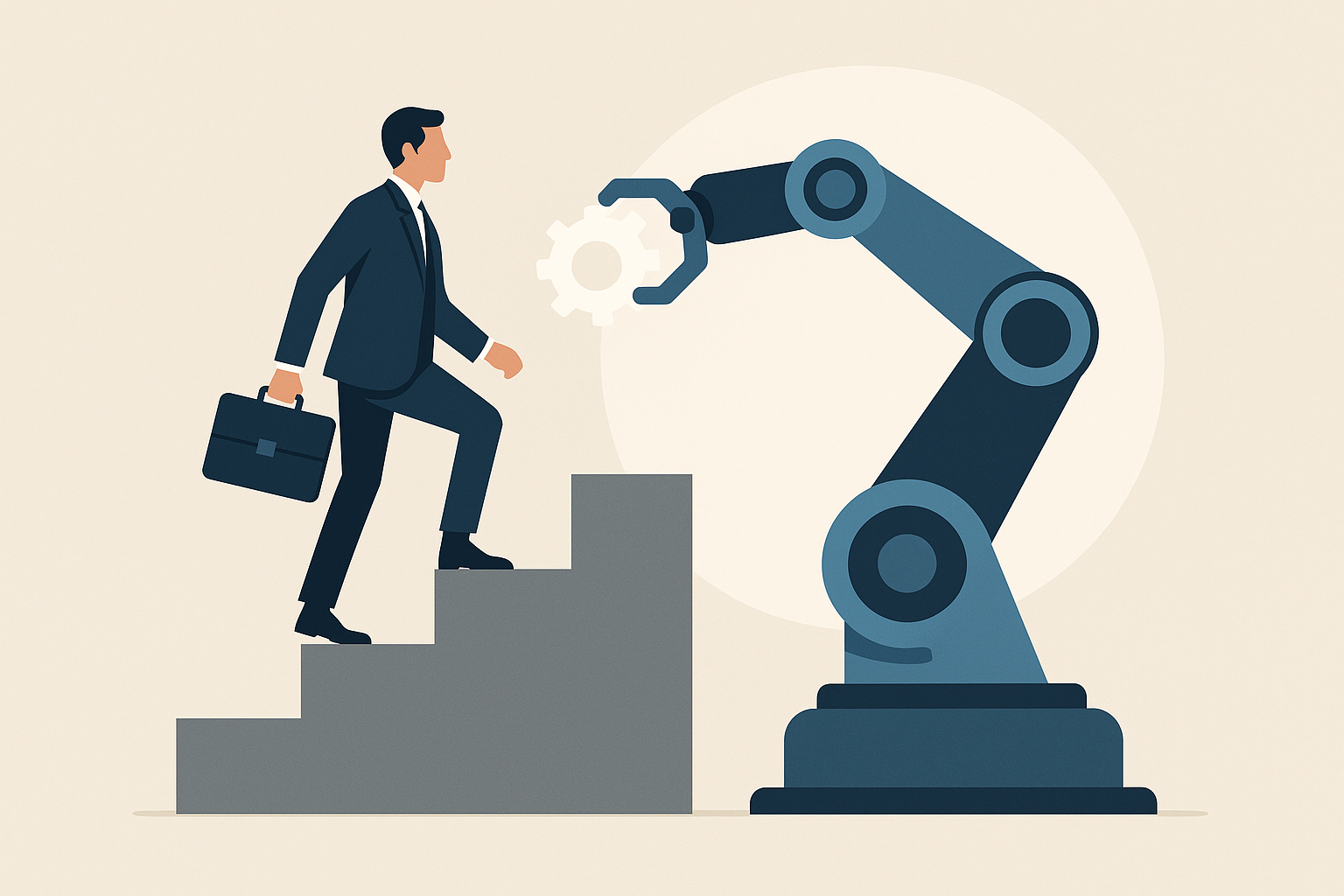Harvard Study: How AI Adoption Changed Hiring Across 285,000 Firms
In 2023, a friend told me his company had frozen entry-level hiring almost overnight. The reason wasn’t budget cuts or a bad quarter it was ChatGPT. Instead of onboarding grads to handle routine tasks, managers leaned on AI tools. His story felt anecdotal until I read the Harvard study that tracked 285,000 firms and nearly 62 million workers. The data confirmed his hunch: AI really is reshaping who gets hired.
Here’s the takeaway: Harvard researchers found that generative AI adoption is seniority-biased. Entry-level jobs are shrinking, senior roles are still expanding, and the bottom rungs of career ladders are being pulled away.
What the Study Covered
- Sample size: 285,000 U.S. firms, 62 million workers, and 245 million job postings (2015–2025).
- AI adoption signal: Companies that posted jobs for “AI integrators” roles dedicated to embedding generative AI into workflows.
- Share of adopters: Just 3.7% of firms (about 10,599) had clearly adopted AI by 2025, but these tended to be larger, tech-heavy, senior-skewed employers.
Key Findings
1. Junior Hiring Fell Sharply, Seniors Rose
- Junior employment in AI-adopting firms fell 7.7% within six quarters of 2023Q1 compared to non-adopters.
- Senior employment kept climbing with no post-2022 slowdown.
- The drop came from slower hiring, not layoffs. Junior separations actually decreased slightly.
Common mistake: Many assume AI equals layoffs. The data shows it’s really about blocked entry points rather than mass firings.
2. Promotions for Juniors Increased
- Adopting firms promoted more juniors internally, about 0.4 extra promotions per quarter compared to non-adopters.
- Fewer new hires, but more upward mobility for those already inside.
Tip: If you’re a junior employee today, internal advancement looks like a safer bet than trying to break in fresh.
3. Sector Breakdown: Retail and Wholesale Hit Hardest
- Wholesale/Retail firms cut junior hiring by 40% per quarter relative to peers.
- Manufacturing, finance, and healthcare also saw declines, but less severe.
- Senior hiring stayed flat or positive across industries.
Framework to assess risk:
- Ask: Does your industry rely on routine, repeatable junior tasks (documentation, customer service, data cleanup)?
- If yes, it’s likely to be more exposed.
4. Education Matters: The U-Shaped Effect
- Graduates from Tier 2 and Tier 3 universities (strong but not elite) saw the steepest employment declines.
- Elite (Tier 1) grads and lower-prestige (Tier 4–5) grads were less affected.
- Why? Top-tier grads are too valuable to cut, bottom-tier grads are cheap to hire, but mid-tier grads face the toughest squeeze.
Myth busted: It’s not only weaker grads at risk. Mid-tier is the new danger zone.
Visuals to Add
- Line Chart: Junior vs. senior employment from 2015–2025, showing the divergence after 2023.
- Alt text: “Line chart of junior and senior employment trends at AI-adopting firms, highlighting the 2023 drop in junior roles.”
- Bar Chart: Sector-by-sector junior hiring change, with wholesale/retail showing the deepest decline.
- Alt text: “Bar chart comparing junior hiring changes across industries, retail showing 40% decline.”
- U-Shaped Curve: Employment decline by education tier.
- Alt text: “U-shaped chart showing mid-tier graduates facing largest job losses, elite and low-tier less impacted.”
Why It Matters
AI isn’t just cutting tasks it’s restructuring how careers begin. Entry-level roles are where people learn, prove themselves, and climb. If firms cut those rungs, lifetime earnings and social mobility could take a permanent hit.
Firms, meanwhile, may rely more heavily on experienced hires and faster promotions, skipping the training of fresh graduates. This could reshape the future of talent pipelines.
Call to Action
If you’re a student, early-career professional, or HR leader, this isn’t abstract it’s your playbook for the next decade.
- Students/Grads: Build skills AI can’t easily automate (complex problem-solving, leadership, creativity).
- Firms: Don’t hollow out your junior pipeline AI won’t mentor your future managers.
- Leaders: Share this study with colleagues and rethink how you structure entry-level paths.



